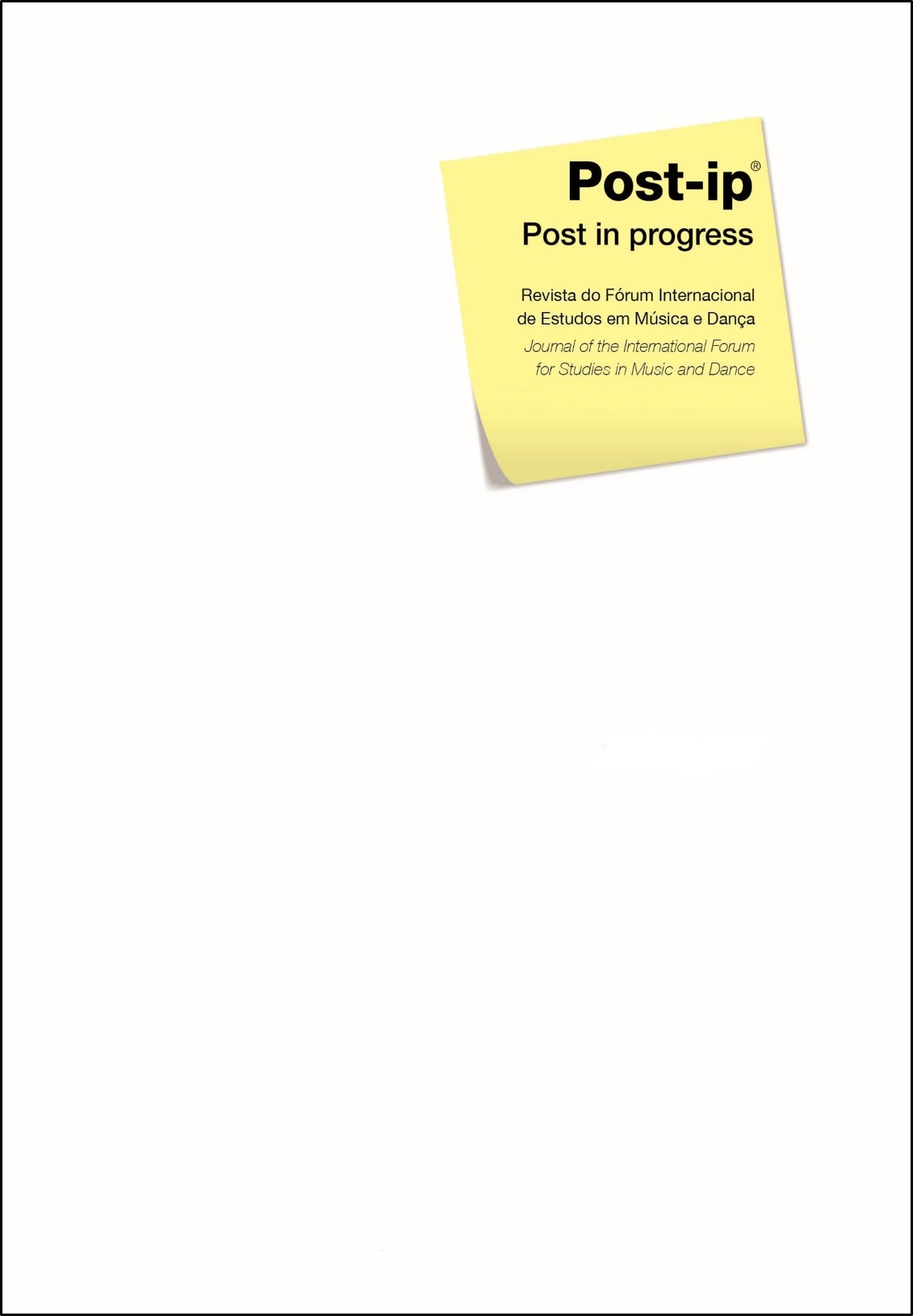As dinâmicas de um trabalho de campo etnomusicológico na prática dos Bombos em Lavacolhos
Resumo
Para a etnomusicóloga Helen Myers “o trabalho de campo é a tarefa mais pessoal e necessária exigida a um etnomusicólogo” (1992: 21). Consiste em “estar no mundo” como refere Jeff Titon (2008: 31) e promove uma experiência vivida no contato com indivíduos como um meio privilegiado para a aprendizagem sobre uma determinada prática musical (Barz e Cooley 2008). Foi este posicionamento que orientou o trabalho de campo que realizei entre 2012 e 2013, durante o estudo que venho a desenvolver sobre a prática dos bombos em Lavacolhos. Esta prática presente em três festas locais, integra tocadores – homens –, coro masculino, artesãos, comunidade de Lavacolhos – residentes fora da localidade – envolve a igreja e a autarquia. Esta complexidade conduziu à formulação de um conjunto de questões como: em que consiste a
performance dos bombos em Lavacolhos, quem são os intervenientes, quais as dimensões icônicas dos seus instrumentos musicais e quais os jogos de poder que circunstanciam. Neste artigo pretendo abordar questões relacionadas com os desafios e as especificidades que constituíram o estar em campo durante a minha pesquisa em Lavacolhos, refletir aspectos como as questões de gênero, a reformulação de papéis sociais e a interferência da autarquia e da igreja na prática dos bombos.





